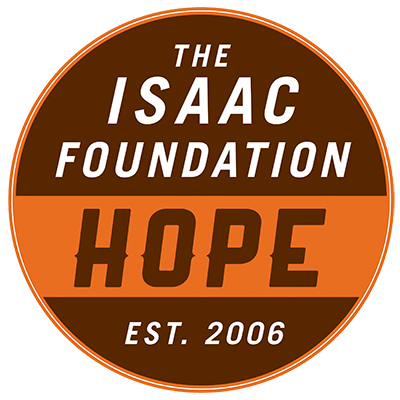We had an appointment with our specialist, Dr. Stockler, today. We think she’s awesome and are so glad it’s her who we meet with on a regular basis. We talked about a whole bunch of stuff because there’s so much on our plate: trying to get Trey ERT (and the crazy political game that is), figuring out both Trey and my genetic material, getting baseline tests done (and which ones should be done and why) and understanding what the results mean.
Baselines mean testing basically every part of Trey’s body to see how it’s doing and where it’s at. Baselines happen every so often (6 monthes to a year or more) depending on how quickly everything is progressing. Anyways, long appointment as short as possible, Trey’s gene tests are back and he has a new mutation. All this means is that they cannot tell severity from it (there is one mutation that indicates a severe disease). My results are not back yet, so we don’t know if it’s genetic.
And about ERT, there is a meeting at the hospital on Friday to discuss Trey. They will discuss both if the drug can be used in the hospital and if they will pay for it. We should have an answer within 3 weeks.
We also met with Terra from the BC Children’s Hospital Foundation. We’re going to support them by being in radiothons, doing interviews, talking at events etc.
I’ve been asked to explain an “Orphan Drug Policy.” I don’t know a ton, but from my understanding, an Orphan Drug Policy will allow people with rare disorders (we like to use the word ‘differences’) access treatment without the s@#t that we are currently being put through to get Trey on ERT. Apparently Canada is the only ‘developed’ country in the world that does not have an Orphan Drug Policy. In order for Canada to approve drugs for use, they have certain protocols. They want to see studies done on many people for long periods of time. For most drugs this works. And policy should be this way to make sure drugs are safe and effective. However, because these diseases are rare and quickly progressive and life threatening, trials for rare diseases do not have the time or people to do these lengthy tests on many people. But Canada does not have a policy to address these tests that are short and not done on many people. And so basically, they just say no. No, we are not going to help you if you have a rare disease. Or we’ll help you, but you have to jump through hoops first. That is my understanding, but for more info, www.raredisorders.ca, is a good place to go. There is progress being made, but not fast enough for those of us who are having to deal with the lack of a policy now.







